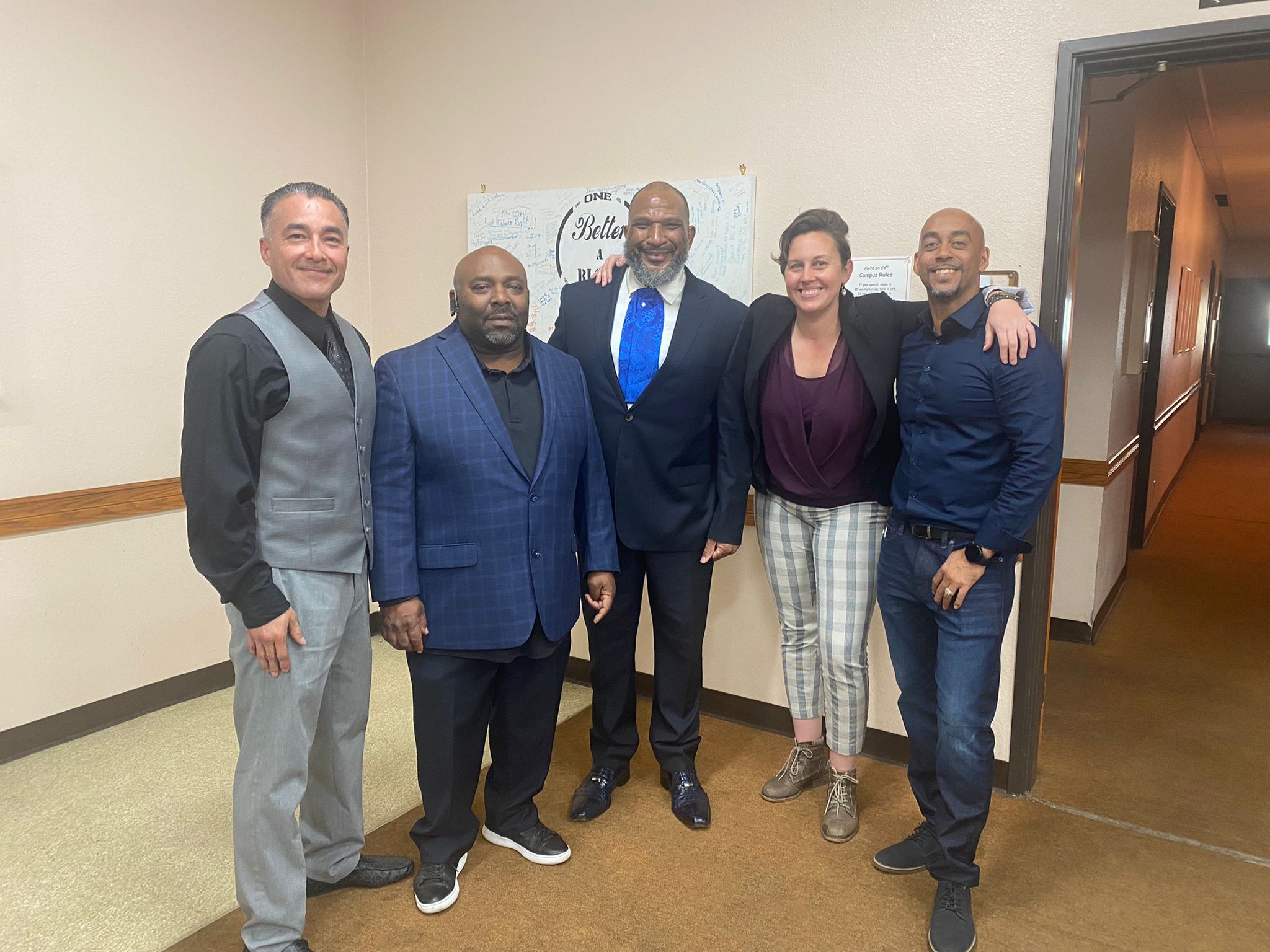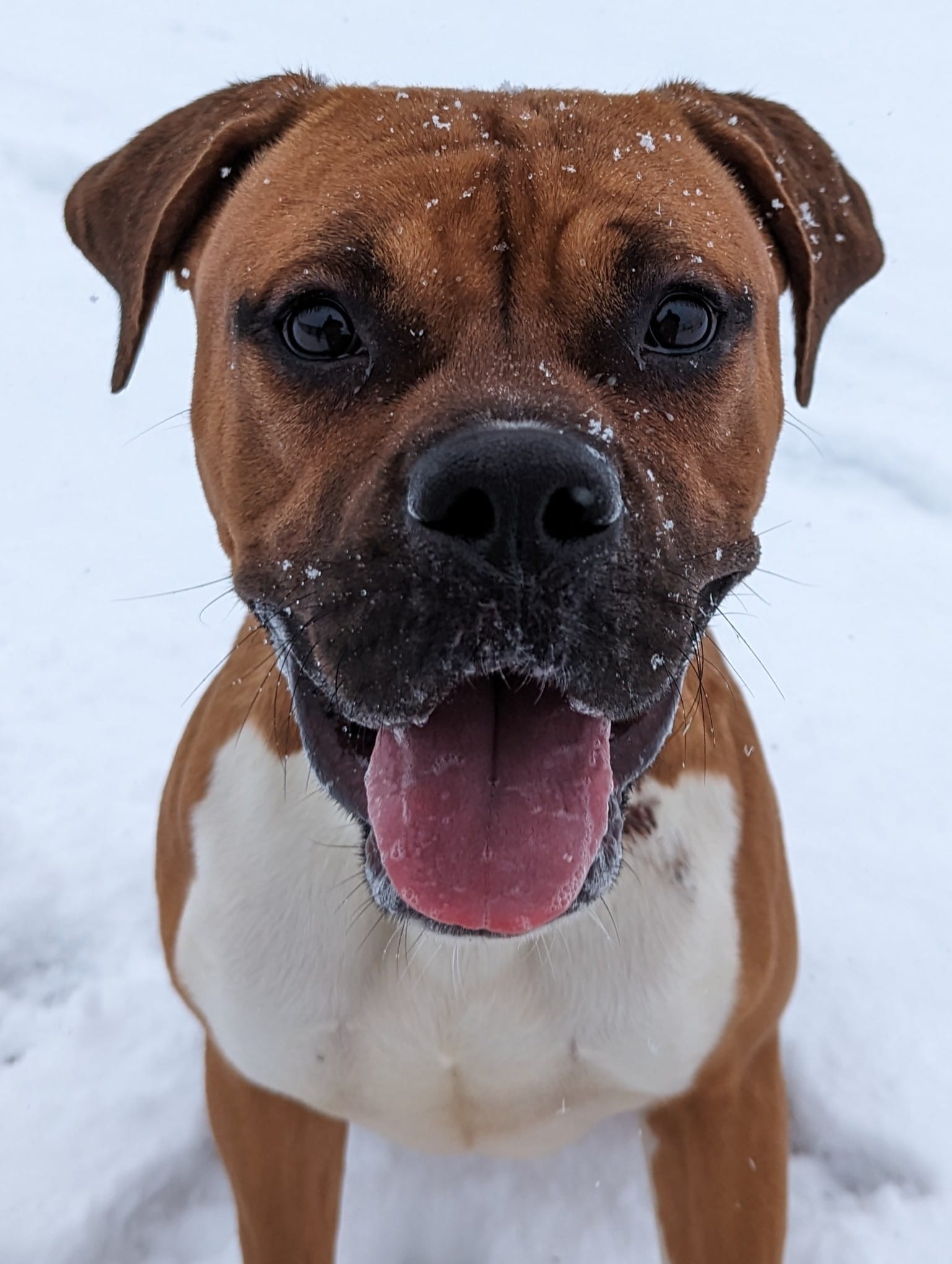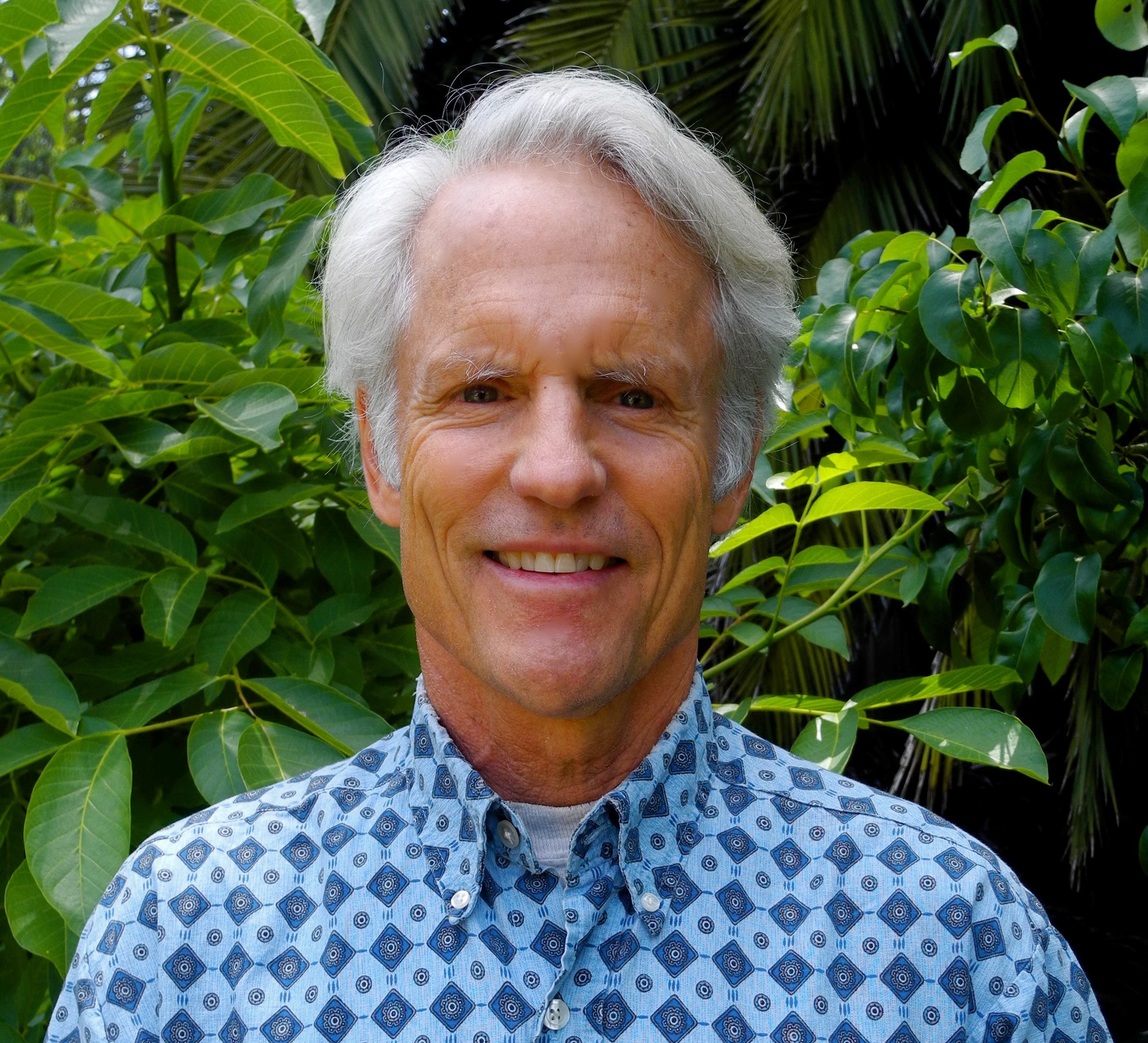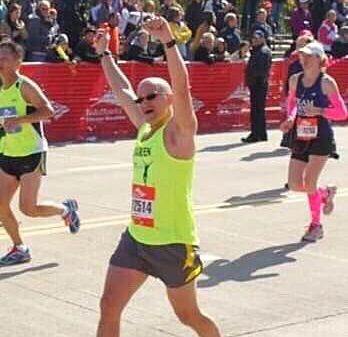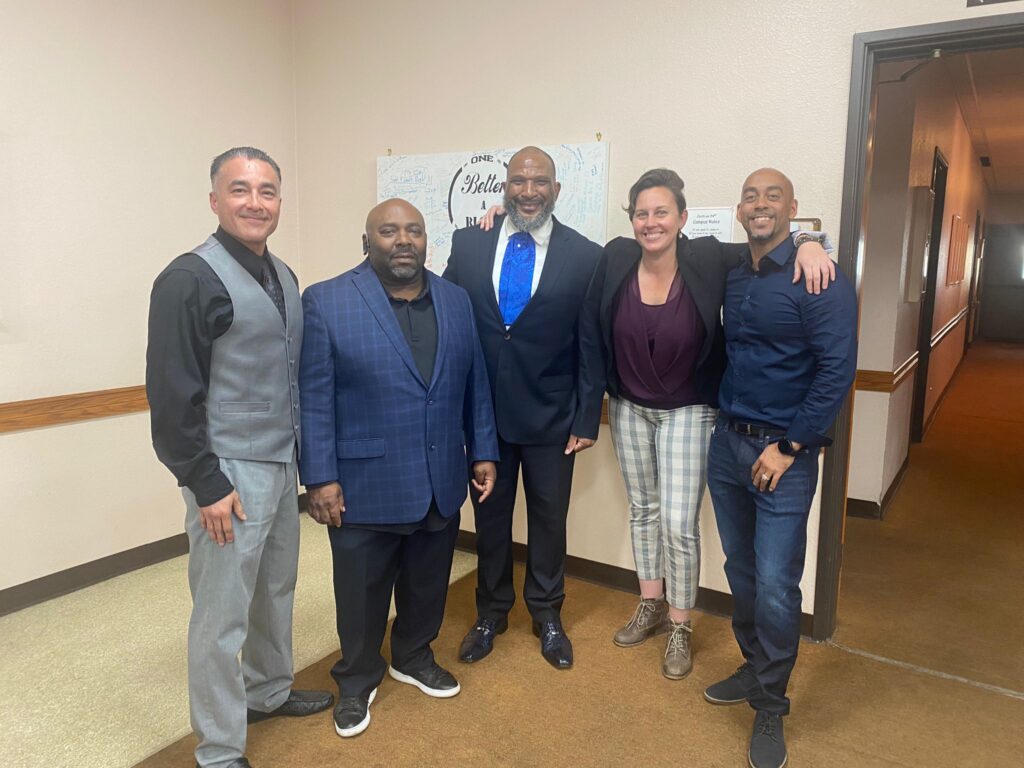
Recently, Landmark Forum News had a chance to interview Self- Expression and Leadership Program Leader Amanda Brown about her unique journey from a Connecticut upbringing to the Streets of inner-city San Diego working in gang violence interruption and an organizations called No Shots Fired.
LFN How would you describe what you do?
AB I’m a consultant with gang prevention, intervention and anti-human trafficking specifically with no shots fired of what we’re going to talk about today is that is specifically working with ex-gang members that go into their ex-gang communities to mitigate violence prevent violence. I act as a liaison to the city as well for systems. So, you know, making sure that trust is built between ex-gang members and policy as well. You can look at me as a coach for these individuals that are going into their communities to mitigate violence for that specific program.
LFN. It seems perhaps an unlikely path that got you to working with this community. How did you come to work with them?
AB Just a little background in me. I didn’t even grow up around gang violence. When I moved out to San Diego to The Landmark Forum I would say it really got me in touch with my humanity, the human side of things. And as I was going through the programs and I did the Self-Expression and Leadership Program, it really popped for me. I really wanted to shift my entire career to do something that was really making a difference. And so, within that program, I did a human rights event, and a lot of what I focused on was just, you know, various human rights activities.
I did the Introduction Leader program, and that got me further connected to my heart. I wanted to do was make a difference. So I really discovered that for some reason, for me, anti-human trafficking and, and gangs are something that, not only people are a born into, but it’s really this whole culture of people growing up in that lifestyle. I also know that we can make an impact and people don’t have to choose that lifestyle. So it was it was through my own development that I came to realize that I could make that big of a difference and really started narrowing into those to paths through the Introduction Leaders Program. I went back to school, got my master’s degree in peace and justice, and just did a whole bunch of networking to get into the field.
LFN There’s gang violence in San Diego and a lot of other smaller cities in America, Dayton, Ohio. Lubbock, Texas. Chattanooga, Tennessee. Little Rock, Arkansas. It is hyper local in many ways.
AB Yeah. It’s a lot underground. And you really have to know the communities to even know where it is, how to navigate it. That’s a lot of where our team specializes and is finding those communities and they they’re from there. So, they have street credibility. They’re able to move around with where the gang is and move them because you won’t you won’t see it in day-to-day life. If you’re if you’re not looking out for it, if you don’t know where to look. So. Yeah.
LFN There’s a lot of misconceptions about the nature of gang activity. In your own experience, what would you say are some of the more common misconceptions people have about both the violence and the people that are involved in it or affected by it?
AB Two big things come to mind for me. I’ve seen is that a these individuals can’t be trusted to do the work and they’re going to always fall back into their cycle of violence. People still thinking that punitive measures are going to really work long term to prevent violence. Not only people from the outside looking in have that perception, but some people still have that perception working directly in the field, which is really where I want to make an impact on people directly working in the field. And I think I saw that, you know, it’s less of it in San Diego because of all the great work we’ve done around policy. But I still see it and still experience it.
LFN We’re all human beings and if presented with the same set of options, we tend to make similar choices. We could easily be in a situation like that were it not for accidents of birth.
AB Right? And I would say also to go to go a little further with the misconception around these individuals not being able to be trusted, they’re probably the most soft-hearted people I know. I’ve even had to tone it down because I can be, you know, very assertive. Sometimes I need to be a certain way to make an impact with, you know, whether it’s simply pushing back on my arm or whatever it is. Right. But there have been times and even recently where I’ve been just in that mode with my team and they’re all ex-gang members and they’re telling me that I’m being too assertive. It really goes to show that they grew up around violence. They grew up around this this culture. And they’ve got out. They really deep down, didn’t want to act like that and it still shows up. They’re sensitive, like warmhearted guys. All that I work with. And it’s still you know, it shocks me that, you know, sometimes I can be too assertive for them. So that’s just something else that I know how I can trust that they really have changed in their relationship. But I’ve got to realize that these individuals never wanted to be violent.
LFN For a lot of people that would be a hard thing to really wrap their mind around, which is if how somebody could participate in a world where violence is a big part of it and yet they’ll be sensitive people.
AB Oh, yeah. Yeah.
LFN What would you say to somebody saying: “That’s a bunch of nonsense. That’s not true.”?
AB I would say is get to know them. I don’t really like to build on convincing. They’ve got to really get to know these individuals. I don’t really know how people can see it and experience it. Right. I’ve had to get to know them as well for myself to really experience.
LFN One of the things that you’re out to do is to interrupt the retribution.
AB We call it retaliation.
LFN How do you talk to a family that’s just had this happen?
AB Yeah. I’m not there because it’s not I’m not the one going out. But from what I hear back, it’s a lot of empathy and compassion. Really caring for the family with tenderness and also speaking to them in a way that has them see that revenge and retaliation is not going to be the answer. Sometimes we’re effective and sometimes we are just not. But most of the time, if it’s a shooting takes place, they’re going out there talking to these guys, talking to the family to really de-escalate. There’s another thing called the peace meals that we do. I was at a dinner, it was like two weeks ago, and one of the father’s sons got shot last spring and he’s now paralyzed. One of our guys, Bishop, started working with the father to not retaliate. But you can tell that that that anger is still there. He said to me just off the cuff, “You know, I really wanted to retaliate and I still do want to go do something about what happened to my son.” But working with Bishop, he trusts Bishop and the work that he’s doing and he knows that he’s an ex-gang member who got out of lifestyle. It’s just that trust that he was able to say, okay, I’m not going to do anything to retaliate.
LFN Can you tell us more about Bishop?
AB He is the founder of No Shots Fired. He restored his life, became a minister and just started really reaching out to his community, the ex-gang community here in San Diego started doing walk and knocks in dangerous neighborhoods. He would just walk around, knock on people’s doors and say, “Hey, I am here as a resource”. And then he did a lot of research around other pilot program programs that were successful around the country. That is what No Shots Fired was born out of. He did research through someone in, I think, Boston who’s doing similar work to No Shots Fired. And then past two years is when we’ve been really starting to like be able to put it into programing and systems and track the data and do everything on a more professional level with city leaders. He just you just started getting out there with no data, no funding, no backing. And he just started getting out there to talk this community. He really started a big movement here in San Diego around him.
LFN How did you guys come to work together?
AB was doing internship for the City of San Diego and the executive director of the Game Commission got hired and I started doing work with him, build trust with him, and then he introduced me to Bishop. So it’s like a through a connection. I got to know Bishop.
LFN And how long have you guys been working together now?
AB It’s only been about a year and a half, but the amount of work we’ve done in year and half is a lot. So it feels like longer.
LFN Something that is remarkable is the disruption of various conflicts on the streets. Mm hmm. For somebody not involved in the life or adjacent to the life probably has no idea how that could even be disrupted.
AB Yeah. Yeah. And again, it’s not going to come from me. It’s not going to come from the Police. It’s really these individuals that know their communities. Right. We even had a meeting today and a lot of our guys are talking and they’ve been talking to their communities and saying that this summer’s going to be hot. They think violence is coming. So it’s really interrupting, getting on the streets and having conversations with their communities. I mean, that’s really the biggest thing it takes is these guys staying persistent, getting out there. When they hear something, they’re going out to have these conversations to interrupt what could happen or disrupt something that that is currently happening now on the streets.
LFN This team. They’re now called community based public safety professionals.
AB We had an intensive four session getting training from an expert out of L.A. and he coined that term for us. It really had our minds shift that we really that’s really who we are. Right. I mean, yes, we’ve been violence interrupters, peacemakers, all of that. But that were really fundamentally part of the community, you know, community-based protection interruption prevention system. Right? So, we are a part of that system. We have we have funding for everyone on this team. And we just actually hired a development consultant this week to help us get additional funding because we really want our public safety professionals to come on full time and really do this in a larger capacity. So we’re working on that. But right now, currently, they are getting funded on a part time basis. Yeah.
LFN What are the biggest challenges you have in persuading would be funders that this is working?
AB Now, our challenge is showing them that the work is actually being done. But a lot of what we’re seeing is a lot of people that we are talking to want to remain confidential. And our workers in our experts want their work to be confidential because of the danger. If they if their communities find out that they’re working with the police department or, you know, saying names and giving names, their credibility goes out the window, which is something we didn’t see. We just didn’t know. I think we’re in an okay spot right now, but I’m having a challenge and we’ve been having a challenge for the past month, kind of rewriting the narrative, rewriting those metrics that we originally thought we were going to be able to uphold.
LFN social media can be the origin point for a lot of conflict. Have you found ways to use social media as part of the interruption process?
AB Yeah. We have seasons of peace throughout this process. It’s a the period of time where we ask gang members to have no shots fired. That’s like the pinnacle of the name is reaching out to what we call OG, is reaching out to OGs and actually having them do video. We do have some individuals that are active that are sometimes willing to come to the table and do these videos. Bishop’s been doing this for 25 years, so he really can speak to multiple gangs. When seasons of peace is happening, he’ll collect all these videos from either current gang members or OGs, which we call former gang members, and he’ll have them do a video. And you can just even look in his feed if you want, and he’ll post all of these videos like I’m a daily, if not more daily repetition, because some of the youngsters look up to him and he’ll tag other former gang members that are on our team and then just become this little web of videos to interrupt the violence.
LFN What are some of the other tactics that, you have found begin to shift the consciousness of the community or the people outside the community?
AB Okay. So there is something called a Peace Meal. Bishop and myself and other people will do a call out for the community, you know, not only for ex-gang members coming together, but just people to come to the table to hear about what we’re doing and bring people together that, you know, could be currently active in the lifestyle, provide food and just have a dialog. This past time, we had a professor from the University of San Diego come through and just did like a presentation. There’s like there’s prayer, there’s just mingling. So that’s one of the ways that we can bring people together. And there’s also. So, there’s No Shots Fired. Social media, Peace Meals, and then honestly, really just going into where the community is.
So, for example, there’s something called “Set Days”, which are gangs’ ways of celebrating their gang. Bishop knows and the team knows where those are going to be hosted. It’s usually at a park. This past time, I think it was like three weeks ago, Bishop literally just went to the Set Day and started having conversation and sort of chatting with people. So, it’s a lot of stuff like that. That’s what I’ve seen be effective. So those are the three things, you know, without just casually talking to other communities that I’ve seen him do and more like in an organized manner.
LFN How would you say that you work with No Shots Fired has changed you?
AB Oh, in so many ways. I mean. I know I would say so. Even in the neighborhood I live in. Right. Like this is this is probably the roughest neighborhood I’ve lived in since living in Connecticut. So almost ten years. And it’s nothing for me. I actually enjoy being in this neighborhood. Just like being with the rawness and the realness of what’s actually happening, I think has had me connect with people better, to be honest, like in my life. I think now the work has already done that for me, right? I’ve already been able to deeply connect with people. But I really do think that my profession, I have the experience of being more mindful and aware and like really more so seeing how the world can occur for someone else, you know, versus just, just me. I think the parallel path of my profession and being a leader, really just both those, those things together has helped me. Yeah. Like the connections of being more mindful and being able to put myself in someone else’s world.
LFN In the Self-Expression and Leadership Program there’s an exercise where people get to answer the question about their projects, “Why are you doing what you’re doing?” There are lots of different people who could ask you that question. What would you say to somebody is from outside the community who has judgments about people engaged in this behavior? Why are you doing what you’re doing?
AB To impact just that and to impact people making it wrong, to impact people feeling, like, lock them up, you know, and then be done with it. And I want to make an impact in that. I really want to make an impact in. Sure. Should people be held accountable for their actions? Absolutely. But should they be punished forever for it? No, absolutely not. You know, and that’s really why I’m doing what I’m doing is to really instill this restorative nature in the most violent crimes, because it can happen. And I’ve seen it happen in front of me, and I know that it’s 100% possible.
LFN How can somebody who feels called to contribute do so in a meaningful way?
AB I would say the two biggest things coming up for me are educating themselves. On what it is to either have been in a gang or gone through trafficking. And honestly, find out those local organizations or communities that are where people are doing this work with a lived experience.
Reach out and make a connection with them and really hear their stories, ask them how they work, how people can contribute. Right. Because I only know so far around San Diego of how people can contribute. But I would say the biggest thing that people could do is ask them how they can contribute.
You can see recent television coverage of No Shots Fired here.
